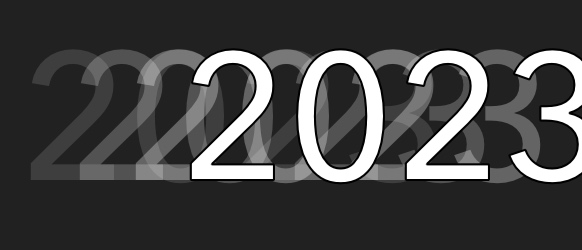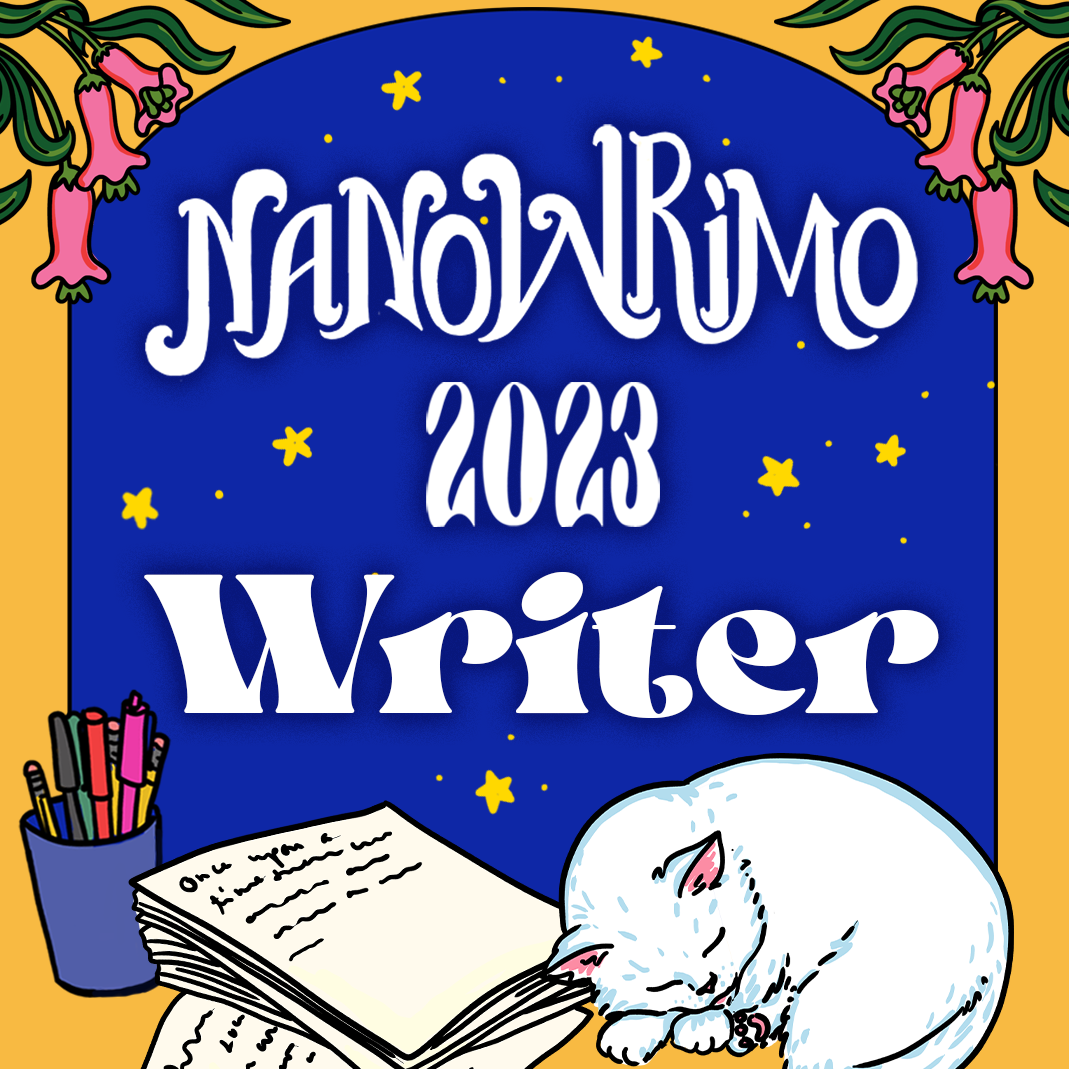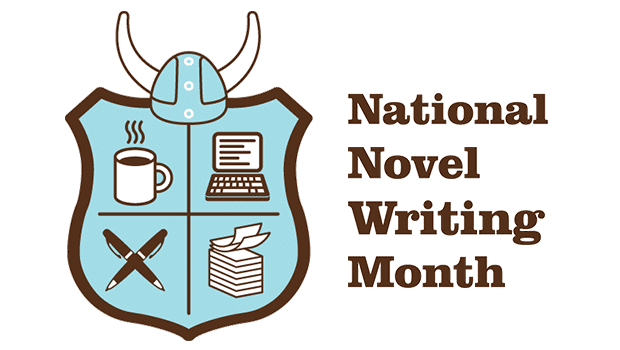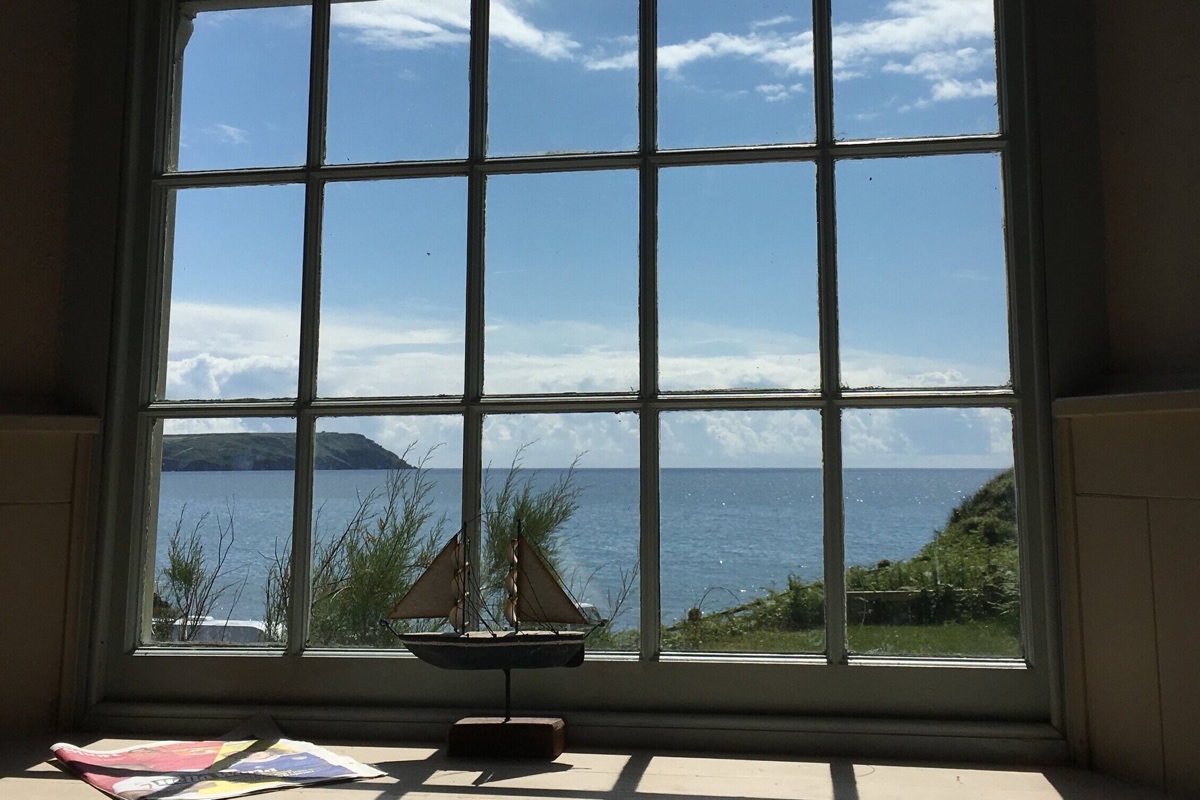BOOKS – FICTION
This is the year the Witford Market Mysteries gets released! Oh yes! Book One is in first edit, Book Two (part-written for NaNoWriMo last year) is about quarter written, Book Three is planned, and Book Four might be the Christmas episode I’ve written and abandoned several times. The problem has been that I want the Christmas episode to come out just before… Christmas. I know. Crazy, huh? So the Christmas story has been the first, then the second, then the first again, and now it’s going to be 3rd or 4th. The problem is that in the first book, you are introducing your characters for the first time. So there’s more back story exposition, the relationships between the characters is different, and the conflict and tensions are different. So yeah.
I’ve emptied the well of short fiction I have, and I’m unlikely to write sufficient quantities to make another collection anytime soon.
Continue reading →






